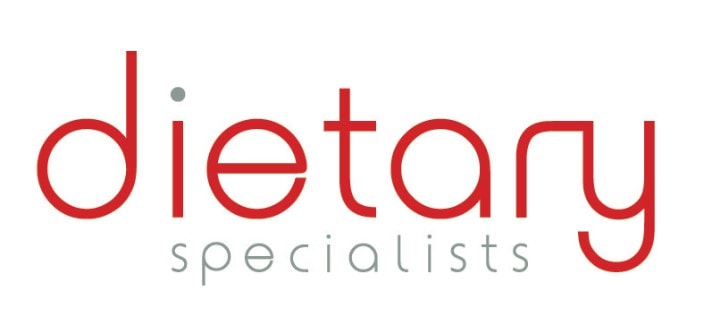
Digestive Health
Irritable bowel syndrome (IBS)
IBS affects 10-15% of aduilts, resulting in symptoms such as abdominal discomfort or cramps, bloating, excessive gassiness, episodes of diarrhoea and/or constipation. Managing IBS requires a tailored approach. We take a step-by-step approach to identify your specific food and lifestyle triggers, helping you find the best suited strateges for effective ongoing management.
Low FODMAP diet
Are you wanting more information on a low FODMAP diet to significant reduce unwanted bowel symptoms?
Results of research at our clinic agree with International Studies indicating that about 80% of those following the low FODMAP diet have significant improvements in their bowel symptoms. Research also indicates that the low FODMAP diet is more successful when implemented under the guidance of a dietitian.
Our dietitians will teach you how to follow a low FODMAP diet and support you with meal ideas, recipes and shopping guides on commercial foods. Guidance on the reintroduction and liberalisation phase of the low FODMAP diet is also provided.
Diagnosis and treatment of lactose & fructose malabsorption
Diagnostic breath hydrogen and methane testing for lactose and fructose malabsorption with individual dietary consults as a treatment package. We work closely with Digestive Health Services in Christchurch who are the New Zealand experts in breath testing for lactose and fructose malabsorption. To find out more on breath testing please visit Digestive Health Services.
Constipation
Constipation is a prevalent issue that can lead to discomfort, bloating and decreased energy levels. The causes of constipation can vary. Identifying the underlying reasons for constipation is important as this will guide in implementing effective dietary and lifestyle strategies to prevent and mange constipation. Our dietitians are highly experienced in providing practical solutions to address constipation through tailored food and lifestyle recommendations.
Diarrhoea
Chronic diarrhoea is defined as at least three or more loose bowel motions a day for at least four weeks. There are many possible causes of chronic diarrhoea including IBS, bile acid diarrhoea, malabsorption and food sensitivies. Our dietitians are trained in working through possible dietary causes and providing food solutions and /or recommending pharmaceutical treatments that maybe needed. However it is best that you first seek medical attention if you have any red flags such as family history of colon cancer, blood in your stools, severe abdominal pain and unintended weight loss.
Coeliac disease
Expert guidance for living on a gluten-free diet both at home and when eating out. Our dietitians will help you maximise nutrients important on a gluten free diet including calcium, iron, fibre and foods for energy levels, bowel health, healthy bones and weight management.
Gastro esophageal reflux / GORD
GORD is a conditon where the stomach acid flows back into the oesophagus causing symptoms like heartburn, regurgitation and in some cases, damage to the oesophagus. Our dietitians can help identify specific foods and lifestyle factors that may trigger reflux symptoms and tailor a plan individualised for you to optimise symptom relief.
Diverticular disease
The management of diverticular disease varies depending on whether the disease is active (diverticulitis), if ongoing IBS like symptoms are present or if the focus in on prevention of diverticulitis. Our dietitians take a personalised approach based on the latest evidence for each of these conditions. We also keep up to date with research regarding the role the gut microbiome has in diverticular disease and the impact of diet, enabling us to provide practical, food-based advice to help you effectively manage this condition.
